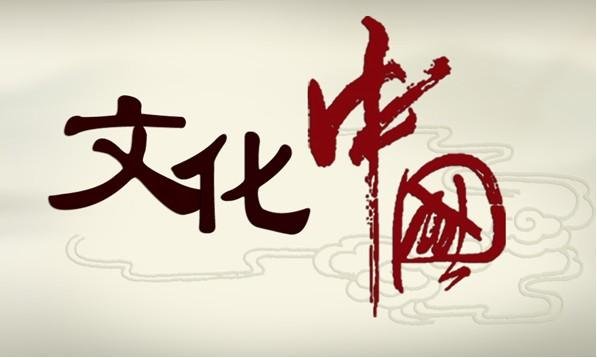
“Do I Make Mistakes In Importing From China”
- Shara Lam
- June 18, 2021
- 3:30 pm
- No Comments
Table of Contents
Don’t Understand Chinese Business Culture, You Will Be Difficult In China.
I have a client, David, who has worked together for many years. He is an American businessman who has been purchasing air packaging products in Chinese factories by himself. Later, because he was repeatedly deceived, he met me by chance.
He said that he imported in China for many years and should have experienced, but there were various problems. After listening to his story, I said: Hi dude, you still don’t know Chinese culture very well.
I think I still need to write about the difference between Chinese business culture and American culture to help more foreign friends to better import from China.
At this time, you may think that there are already many posts about Chinese culture on GOOGLE.
“Are you not superfluous?”
Then I have a few questions to ask you:
“Is the author of the article is Chinese?”
“Do you think his opinion can be more unique than a Chinese?”
“Who can know Chinese better than the Chinese?”
Well, not much nonsense, go directly to today’s topic: Do not understand China’s business culture, will be difficult to “MOVE” in China.
1. The Culture of “Drinking”
For the implicit Chinese, a “Drinking Table” is a good place which can completely open there own and make friends in good faith.
“Drinking” can quickly close the distance between people, contact and maintain feelings between eating, drinking and playing, and show the bottom line and talk about cooperation in a relaxed and comfortable environment.
- Before talking about business, ask the customer to drink and show the sincerity of cooperation.
- In the middle of the negotiations, the atmosphere is solemn. At this time, Ask the customer to have a hearty “delicious food”, which will make the atmosphere of the two sides relax quickly. “Drinking Table” will become the best lubricant for negotiation.
- After the cooperation was reached, a hearty celebration party can make friend with customers and establish his own network of contacts on the “Drinking Table“.
2. The Culture of “Face”
The meaning of “Face” in China is far more profound than in the USA. The face is about dignity and respect, and it is about a person’s social status. Using a lack of persuasive excuses to decline to attend social or business occasions, to reject gifts, to lose control of emotions, or to be too independent, can be devoid of the face. Losing face means reducing the social resources used to nurture and build networks.
3. The Culture of “Relationship”
This is much more complicated than the Interpersonal relationship in the USA concept. In China, this is a platform for social and business activities, characterized by reciprocity, mutual trust, and mutual responsibility. Personal relationships and trust are paramount: there is an unwritten rule in China, and if someone doesn’t trust you, it’s unlikely to do business with you.
4. The Culture of “Decision”
The Chinese have a long time to make decisions. The USA advocate quick decisions and then put them into action. The idea that “time is money” is likely to produce negative results when practiced in China. In China, the basis for decision-making is to ensure that “all parties’ situations” are taken into account. The Chinese want to ensure that all aspects of a problem are taken into account, all problems are thoroughly understood, and then conclusions are drawn. In addition, the Chinese do not like to say “NO” directly, which will cause disharmony and make people lose face. So before you hear it unmistakably, don’t take it for granted that the transaction has been reached.
5. The Culture of “Communication”
Chinese people’s communication style is indirect. For the Chinese, communication is to build relationships, and in the West, communication is to exchange information effectively and get things done as soon as possible. Silence does not mean that your meaning is not passed on. China’s leaders are far from being directly spoken by USA leaders. This is completely normal.
This is not because the Chinese are not willing to tell you the situation, but because the USA want to know the details, they have to urge the Chinese to say it. Or, the best way is to meet someone alone, and privately.
6. Traditional Culture
The Confucian concept of harmony is still very important today. The Chinese sometimes think that the maverick of the USA is a manifestation of “showing off.” In China, if someone first proposes new ideas in front of everyone, this move may have significant social implications. It may be seen as “showing off” one’s own intelligence and may also lead to jealousy.



